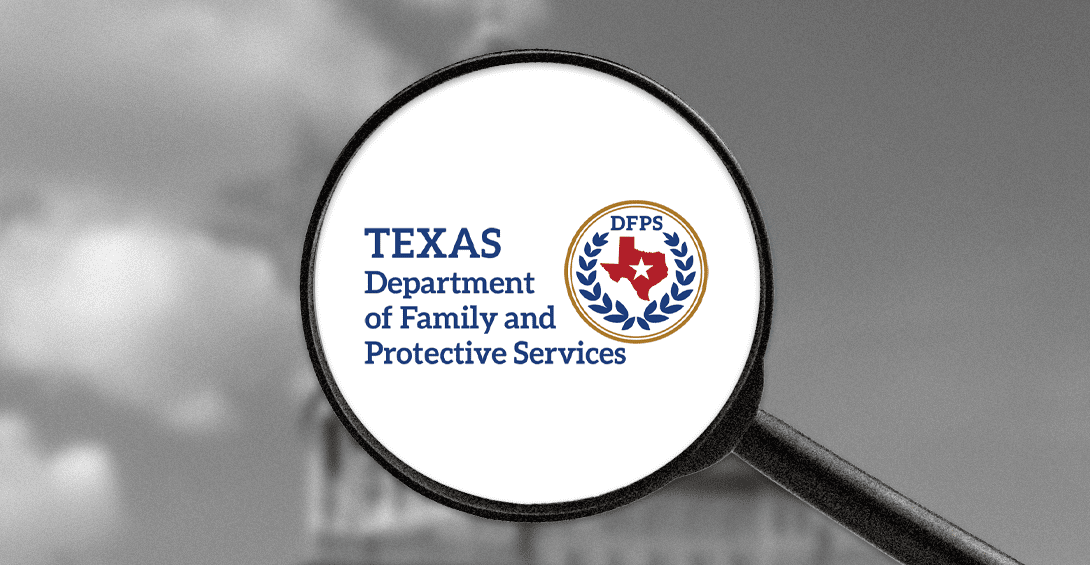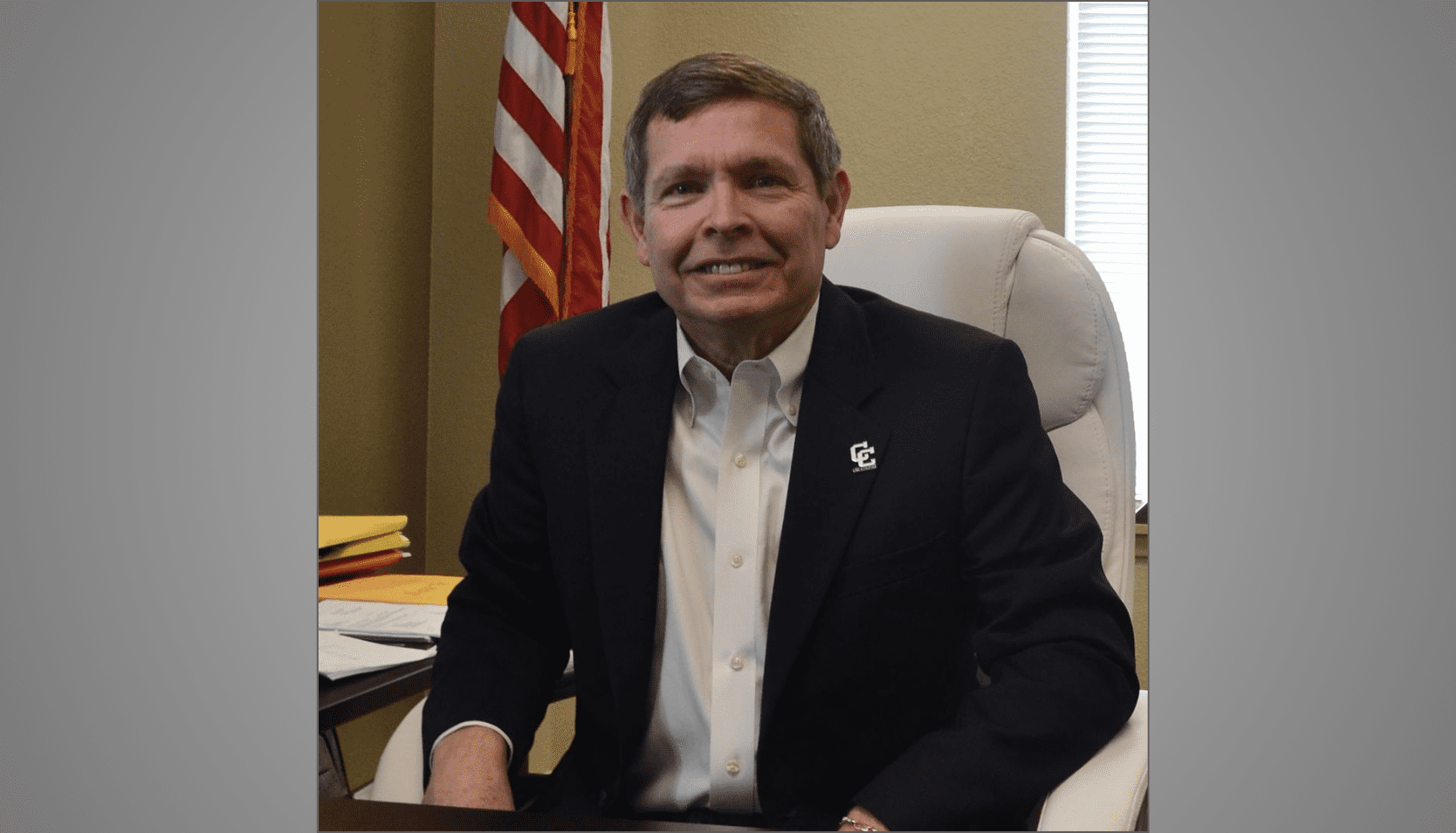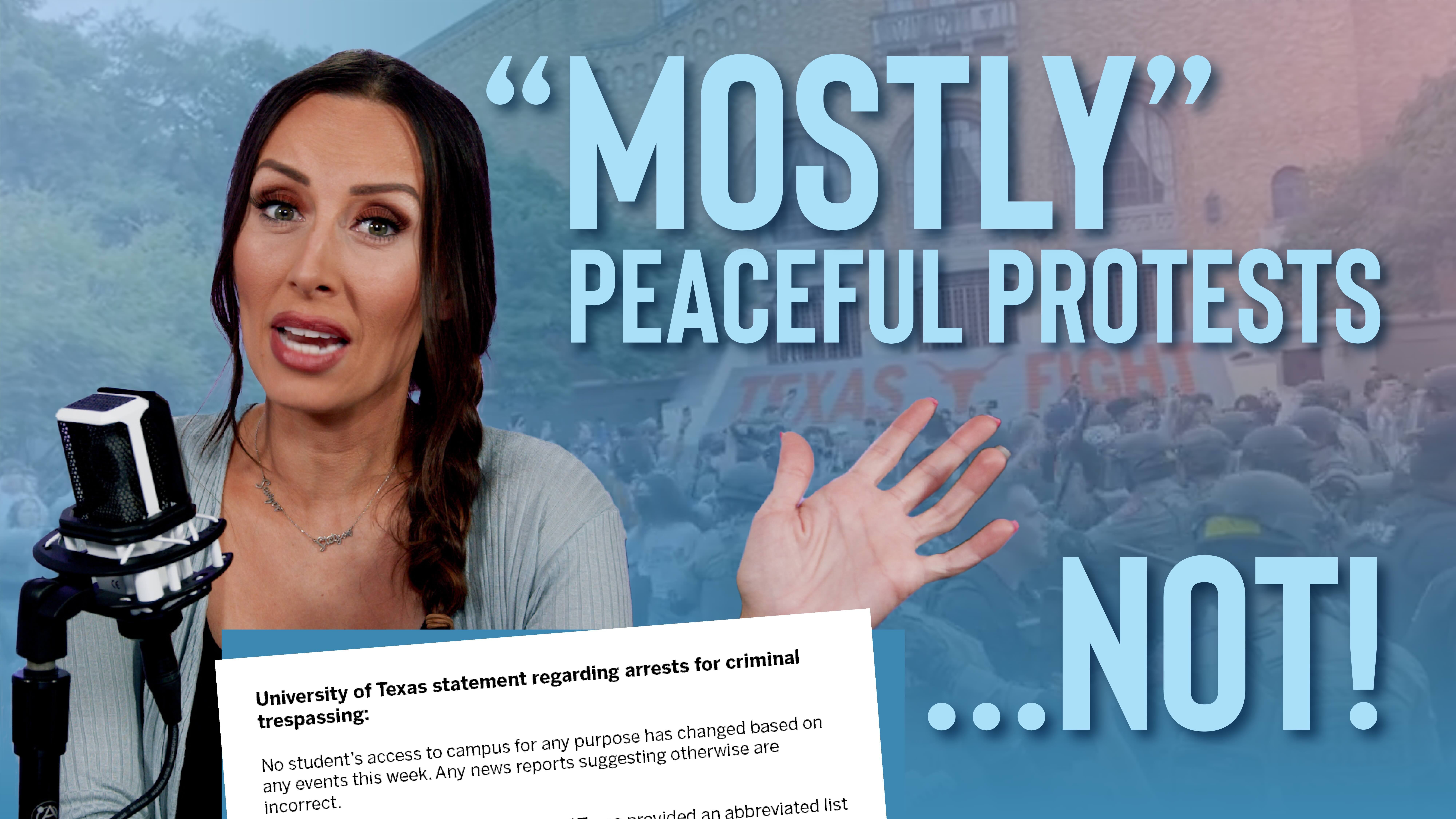During the regular session of the Texas Legislature this year, legislators listened to citizens, adding restraints on Child Protective Services and empowering families. However, more could be done in a special session, and families must remain on their guard.
Texas Scorecard interviewed Jeremy Newman of Texas Home School Coalition; Andrew Brown of Texas Public Policy Foundation; and Krista McIntire, a consultant on CPS issues, to inform citizens on the high points of CPS reforms the Legislature accomplished during the regular session.
“This is far and away the most successful pro-family CPS session that we’ve ever had,” Newman observed.
“I don’t think I’ve ever seen the Legislature as a whole take it as seriously as they did this time,” McIntire added.
“This was a phenomenal session for child welfare reform and for improving the quality of our child welfare system,” Brown stated.
Newman thinks this happened because the Pardo case—regarding 4-year-old Drake, who was taken illegally from his parents by CPS in 2019—raised awareness of abuse by the state agency.
Brown, however, thinks it began with the 2018 Bright case in Houston, in which the Bright’s youngest child fell on their driveway, resulting in bleeding on his brain. “A child abuse pediatrician, very similar to the one in the Pardo case, said there was no way that the injury could have occurred from the fall, like the parents said. The baby had to have been shaken and abused,” Brown recalled.
There Is Still Danger
While Brown and Newman agree CPS undergoes more sufficient checks now compared to when they illegally took Drake Pardo, they also agree that doesn’t eliminate the threat of possible abuse.
“If CPS comes to your door, you answer the door and politely say, ‘I understand you’re looking out for the best interest of my children. If you will give me your business card, I will call you,’” McIntire advised. “You need to give yourself time to hire an attorney [or] to seek out help from a friend or witness—whatever your financial situation may be—but you do not have to let that caseworker in. … At a minimum, you may show them your children on the inside of the threshold.”
“If you have interaction with CPS, get an attorney, and don’t do anything without your attorney’s advice,” Brown advised. “Citizens need to be aware of what the law actually is and the limits that exist. Attorneys who defend families need to get themselves educated on these new laws and be prepared to utilize them in their defense of families who are wrongfully accused.”
What Did the Legislature Do?
Newman said the high point of the session by far was the Child Trauma Prevention Act (House Bill 567) from State Rep. James Frank (R–Wichita Falls) and sponsored in the Senate by State Sen. Bryan Hughes (R–Mineola). It will become law on September 1.
First, it changed the definition of neglect in state family law. “The vast majority of removals in Texas take place through what’s called neglectful supervision,” Newman said. “But that definition was so broad as to be almost meaningless.”
Before this session, TPPF researched the intersection between neglect charges and poverty and found “a statistically significant connection between allegations of neglect and child poverty.”
“A child who lives in one of the 25 poorest counties in Texas is statistically more likely to enter foster care due to an allegation of neglect than a child who lives in one of the 25 wealthiest counties in Texas,” Brown said. “The way that we are implementing neglect in Texas really is punishing families for being poor.”
McIntire says before HB 567, the language used for removals was “substantial risk.”
“The department—intentionally or unintentionally—harmed more children than they helped by using that ‘substantial risk’ language to be too aggressive and to put people in services and take children away,” she said.
How was this addressed? “What [was] put into the family code was that the risks that you’re removing the child from has to be some type of imminent harm … and it has to have come about as a result of blatant disregard of the parent,” Newman said.
Brown says the bill also states it is not neglect for parents to give their children freedoms like letting them play in the park or walk to and from school by themselves. “As long as those decisions are appropriate for a child’s age, maturity, [and] even the child’s culture, the state can’t be second-guessing the decisions that a fit parent makes about how they want to raise their children.”
HB 567 also stops the process of automatically trying to terminate the rights of both parents, which Newman said was common practice when CPS prosecuted families. “They would literally show up in court and refer to one parent as the non-offending parent, and then they would still move for termination of that parent’s parental rights, and it would be purely on the basis that the other parent had done something wrong.” He said the reason why was because you can’t put children in foster care unless both parents have been removed.
“The biggest problem is situations where the parents lived apart, because the second parent might not have had any knowledge at all of what was going on—but you are still holding them responsible for it,” Newman added.
HB 567 changes that. “Within [HB] 567, there were procedures for courts to place the children with that non-offending parent and help that non-offending parent get out of the situation, so the kids won’t have to go into foster care and can remain with one of their parents, while the perpetrator is actually the one who’s held accountable,” Brown said.
“We changed the law there to require that you make findings against each parent separately before you can remove from both parents,” Newman added.
While this is good news, McIntire cautions there’s still work to do. “I know the loophole that’s going to happen: They’re going to say ‘failure to protect,’ because it’s easier to blame somebody for [that],” she said.
That’s not all. The Department of Family and Protective Services, which houses CPS, now has to follow the same rules as attorneys. “For every attorney, you are only allowed to plead allegations that you have facts and evidence to support,” Brown said, adding this also eliminates “fishing expeditions.”
Newman said new protections were added for when CPS asks the courts to require parents to participate in “core services” programs to address issues they’re dealing with. “[Originally,] if a parent fails to complete those services, you can remove their child for that. It became a backdoor method for CPS to get removals when the evidence on the front end didn’t support removal,” he continued. “We reformed that to build in a significant number of due process protections, like actual finding requirements they have to make, appointment of counsel, and timelines.”
Another positive reform mentioned was State Sen. Lois Kolkhorst’s (R–Brenham) Senate Bill 1578, the “child abuse pediatrician (CAP) reform bill,” which will also become law on September 1.
SB 1578 requires second opinions from physicians other than child abuse doctors when there’s evidence a child may have an underlying health condition. “It requires that the department gets second opinions from physicians who are specialists in diagnosing and treating certain underlying health conditions that are often misdiagnosed as abuse or that can actually mimic symptoms of abuse,” Brown explained. He said the second opinion can be triggered by the department itself, the family, the family’s attorney, the child’s primary care physician, or any doctors who’ve had experience treating the child. “Had [SB] 1578 been around during the Pardo case, I think you wouldn’t have had that removal.”
McIntire said the state law previously gave CAPs discretion as to whether or not to seek a second opinion. She said they wouldn’t seek a second opinion, and would then take the child from the parents. “They use CPS to facilitate that, and they use their professional opinion to validate a removal, and judges substantiate the removal every time,” she said. “We have a serious problem with child abuse pediatricians. We have a serious problem with children’s hospitals utilizing CPS to cover up malpractice.”
Another CPS reform involving doctors was House Bill 2536 by State Rep. Matt Krause (R–Haslet), sponsored in the Senate by State Sen. Dawn Buckingham (R–Lakeway). “This basically just says you can’t use as the reason for removal or termination the fact that a family got a second opinion from a doctor about some problem that their child was having,” Newman explained.
“If you remember, that was what [the Pardos] were essentially accused of: transferring [Drake’s] medical care to another provider,” Brown explained.
Special Session
Gov. Greg Abbott has set July 8 as the start of the first of multiple special legislative sessions he’s expected to call. Brown, McIntire, and Newman were asked what should be put on legislators’ to-do list regarding CPS reform.
McIntire mentioned bringing back Kolkhorst’s Senate Bill 647, requiring those being investigated by CPS be informed of the investigation process and what their rights are. “Every parent needs to know their rights upon the first initiation by [a] CPS investigator,” McIntire said. The bill didn’t make it out of committee in the regular session.
Newman said THSC would support reforming the Child Abuse Registry, left undone during the regular session. “The child abuse registry is a statewide list that your name and info gets placed on once CPS accuses you of child abuse,” he explained. “The only requirement for you to get put on this list is that CPS claims they have a reason to believe you committed child abuse.” Daniel and Ashley Pardo were placed on this registry; despite the Texas Supreme Court forcing CPS to return Drake in October 2019, they remained on the list until more than a year later.
Newman explained THSC worked on reforming the registry during the regular session, but CPS claimed it would cost them millions of dollars to change the way their system works. “I don’t really buy their reasoning on why it was going to cost them a bunch of money.”
While THSC would support it being added to a special session, Newman thinks it would be “a tall order” to convince Abbott because of how many CPS reforms were passed during the regular session. “I would support it though, because I think it’s a problem that’s going to keep affecting people until you fix it.”
“I think a special session at this point on child welfare may be a little bit premature until we see how these new reforms get implemented and the effect of these new reforms,” Brown said. “I would anticipate that we’ll have tweaks that need to happen in the next regular session, but I don’t see a pressing need for a special session on child welfare issues.”
Concerned citizens may contact Gov. Greg Abbott, their state senator, and their state representative.





